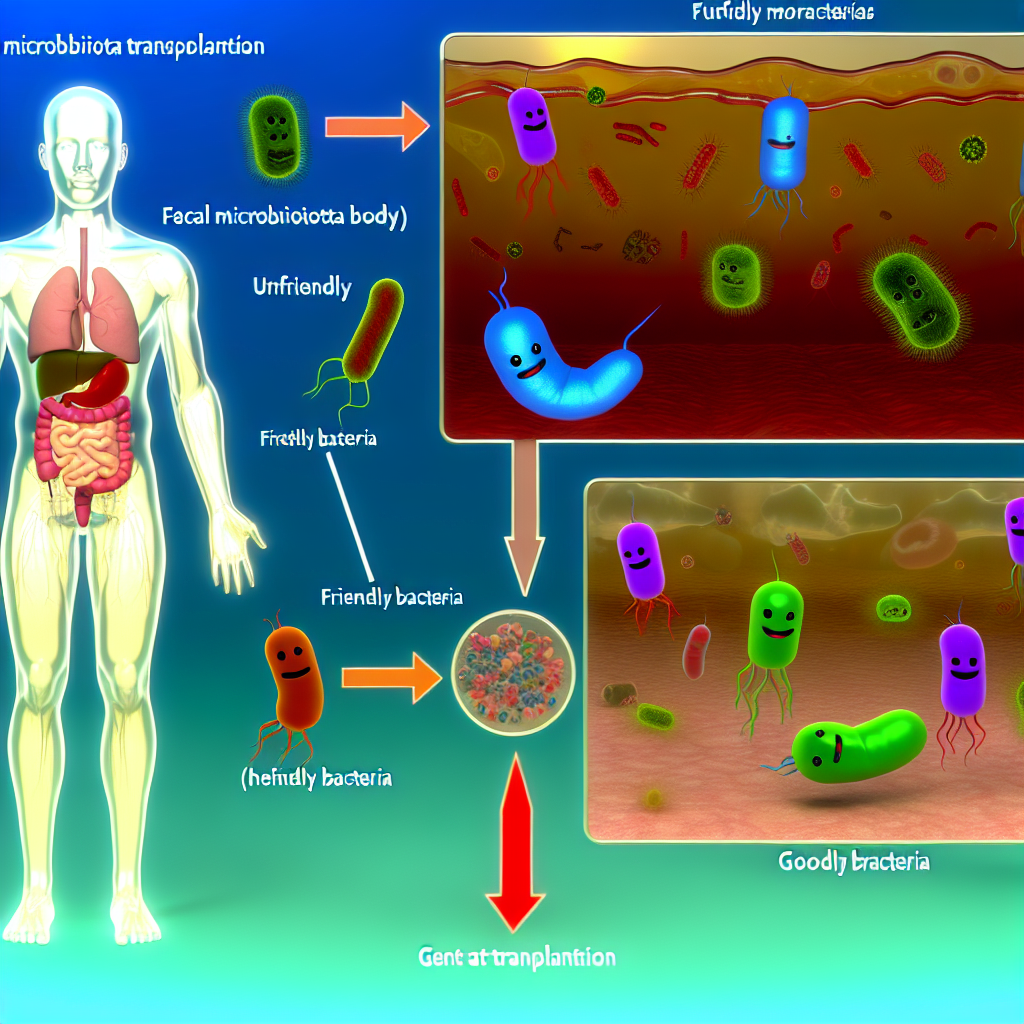Here is the blog post with the requested changes:
Ginger Root for Nausea: Nature’s Anti-Emetic Powerhouse
🌿 Feeling Nauseous? Discover Ginger’s Soothing Secret
Nausea is an uncomfortable sensation in the stomach that often precedes vomiting, and it can impact daily life significantly. It is a symptom rather than a disease and can arise from various causes, including motion sickness, pregnancy (morning sickness), gastrointestinal disorders, and the aftereffects of chemotherapy or surgery.
With a growing number of individuals turning to natural remedies over concern for pharmaceutical side effects, ginger root (Zingiber officinale) has surged in popularity as a trusted natural anti-emetic. Celebrated for centuries in traditional medicine, ginger’s health benefits are backed by modern science, confirming its effectiveness at calming the stomach and easing queasiness.
Ginger root, the rhizome of a flowering plant, is consumed in a variety of forms—from herbal teas and capsules to extracts and powders. Its bioactive compounds, gingerol and shogaol, directly interact with the gastrointestinal system and the central nervous system to provide rapid relief from nausea.
🧪 Backed by Science: Medical Studies Confirm Ginger’s Effectiveness
Modern medical research has delved into ginger’s legitimacy as an anti-nausea agent, with promising results across different clinical conditions.
A comprehensive 2014 systematic review and meta-analysis published in the Nutrition Journal analyzed 12 randomized controlled trials. These studies revealed that ginger significantly reduced nausea and vomiting compared to a placebo, with few adverse effects (Lete & Allué, 2016).
Ginger has also proven effective in pregnancy-related nausea. A clinical trial published in Obstetrics & Gynecology (2001) tested 1g of daily ginger over four days in 70 pregnant women. The ginger group experienced substantial relief from nausea and vomiting when compared to placebo (Vutyavanich et al., 2001). Today, organizations like the American College of Obstetricians and Gynecologists (ACOG) support ginger as a safe and effective option.
Another notable study in Supportive Care in Cancer investigated ginger’s use in chemotherapy-induced nausea. In this randomized controlled trial, 576 participants receiving different doses of ginger reported up to a 40% reduction in nausea severity compared to the placebo group (Ryan et al., 2012). Even at higher doses, ginger was well tolerated and did not interfere with cancer treatment protocols.
⚙️ How Ginger Works: Nature’s Mechanism in Motion
Ginger’s anti-nausea capabilities stem from its unique interaction with the body’s digestive and neurological systems. Active compounds like gingerol and shogaol are believed to:
– Accelerate gastric emptying
– Block serotonin receptors (5-HT3) in the gut and brain, similar to pharmaceutical drugs like ondansetron
– Possess anti-inflammatory and carminative properties that help relax intestinal muscles and reduce bloating
This multi-faceted action helps relieve nausea, enhances digestion, and supports overall gut well-being—without the common side effects of conventional medications such as drowsiness or constipation.
👏 Final Thoughts: Why Ginger Deserves a Spot in Your Wellness Routine
Whether you’re navigating morning sickness, dealing with post-operative or chemotherapy-related nausea, or simply looking to support digestive health naturally, ginger root offers a reliable solution derived from nature.
Validated by extensive clinical research and praised for its safety, accessibility, and versatility, ginger is an effective remedy with far-reaching benefits. Its potent anti-nausea properties, gentle on the body, make it an ideal choice for those seeking alternative and integrative health treatments.
Ginger tea, powders, capsules, or fresh root—whichever form you choose—it’s worth incorporating this time-honored root into your daily wellness routine as a proven, all-natural anti-emetic.
📚 References
Concise Summary:
Ginger root is a powerful natural remedy for relieving nausea and vomiting. Backed by extensive scientific research, ginger’s active compounds like gingerol and shogaol interact with the digestive and nervous systems to provide rapid relief from queasiness. Whether you’re dealing with morning sickness, chemotherapy-induced nausea, or just occasional stomach upset, incorporating ginger into your wellness routine can offer a safe, effective, and natural solution.

Dominic E. is a passionate filmmaker navigating the exciting intersection of art and science. By day, he delves into the complexities of the human body as a full-time medical writer, meticulously translating intricate medical concepts into accessible and engaging narratives. By night, he explores the boundless realm of cinematic storytelling, crafting narratives that evoke emotion and challenge perspectives.
Film Student and Full-time Medical Writer for ContentVendor.com



